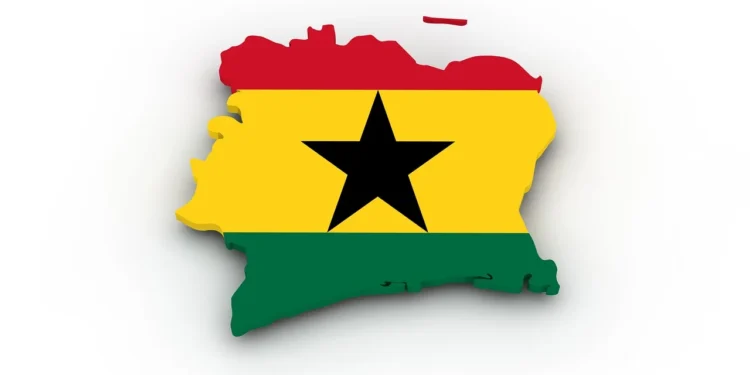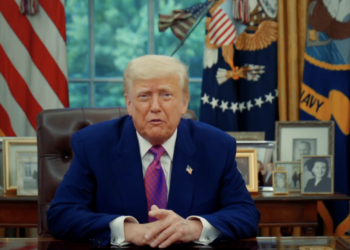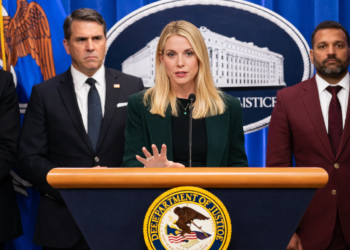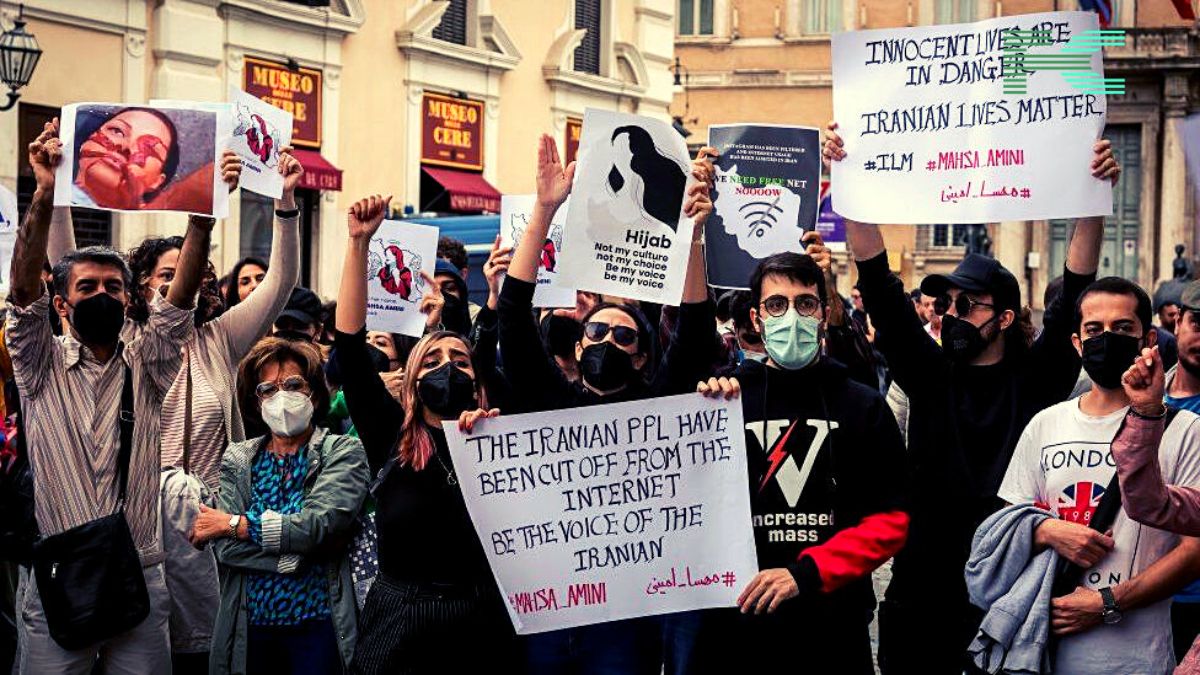President John Mahama’s recent agreement to turn Ghana into a deportation hub for the United States has exposed a troubling double standard. While other nations like Nigeria have rightly pushed back against President Donald Trump’s aggressive third-country deportation policy, Ghana has chosen to roll out the red carpet.
The justification (that the ECOWAS free movement protocol makes it acceptable) is a flimsy excuse that disregards the spirit of regional solidarity for the sake of a fragile relationship with Washington. This deal is not a sign of positive relations, but a desperate gamble by Accra that risks turning Ghana into an unwilling clearinghouse for the consequences of American immigration policy.
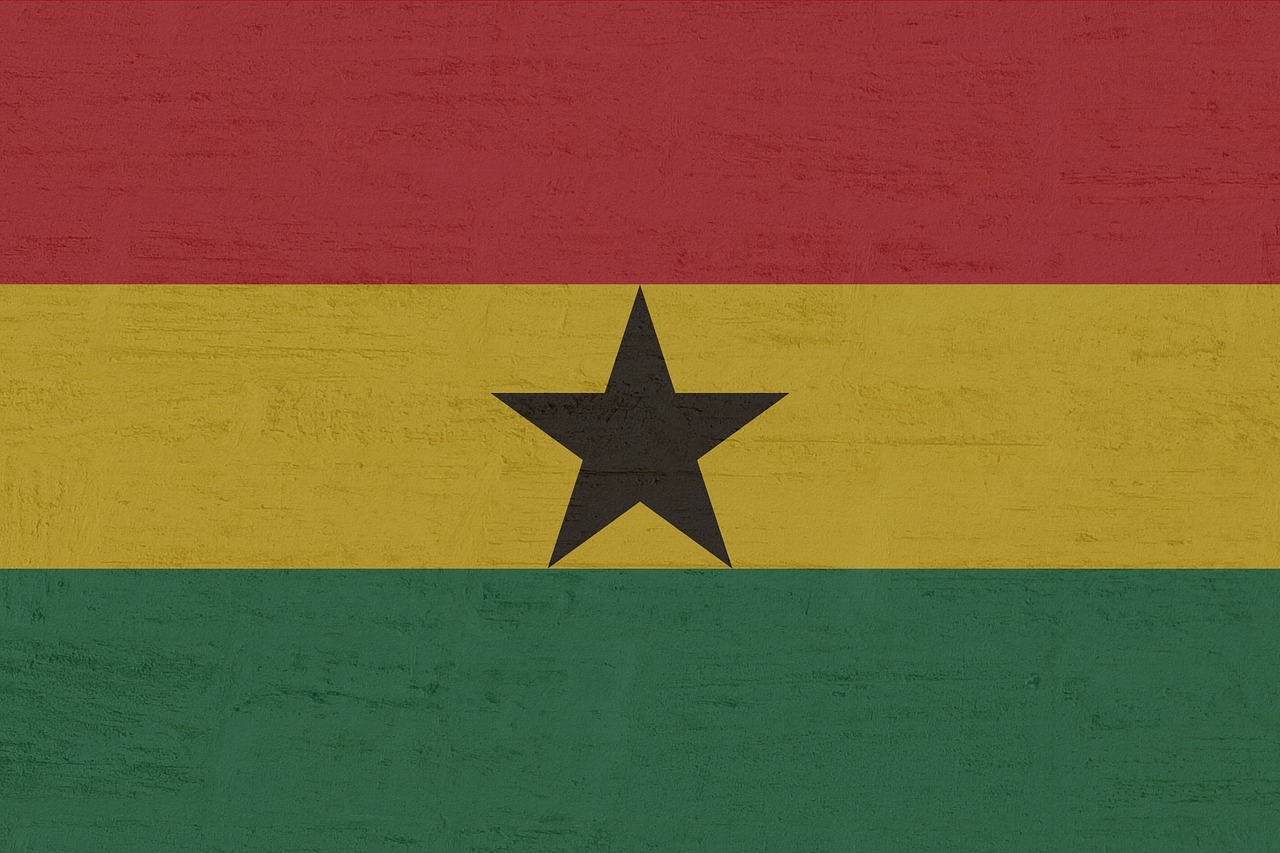
The Price of a Faustian Bargain
Ghana’s decision to accept deportees from the US is a clear betrayal of its African neighbors and a huge misstep in its foreign policy. Mahama’s assertion that this is a benign arrangement because “all our fellow West African nationals don’t need visas to come to our country” is disingenuous.
The ECOWAS protocol was designed to foster unity and economic cooperation, not to facilitate the forced resettlement of migrants deported from a Western nation. By accepting this role, Ghana is effectively doing the Trump administration’s dirty work, providing a convenient solution for a policy that has been widely criticized for its lack of due process and humanitarian concerns.
The fact that this agreement comes at a time of “tightening” relations with the US (including hiked tariffs and visa restrictions) suggests that this is less about cooperation and more about Accra bowing to Washington’s pressure. It is a dangerous precedent that sends a message to other African nations: compromise your principles for the sake of a relationship that has already been revealed as lopsided.
Why It Matters
For this troubling trend to be reversed, African nations must present a united front against Trump’s third-country deportation strategy. The solution lies in rejecting these coercive arrangements and reasserting national and regional sovereignty. To begin with, African leaders must prioritize a collective, coordinated response. The ECOWAS bloc should issue a clear, joint statement condemning such deals, reinforcing that the free movement protocol is for the benefit of African citizens, not a loophole for foreign governments.
Nigeria’s vocal opposition provides a strong model for other countries to follow. Second, African nations must leverage their diplomatic influence to push back against economic pressure from the US. If the Trump administration continues to use tariffs and visa restrictions as leverage, African leaders should explore strengthening trade ties with other global powers.
Finally, the focus should shift to creating economic and political stability at home to address the root causes of migration, rather than enabling a foreign power to treat the continent as a dumping ground for unwanted migrants.

